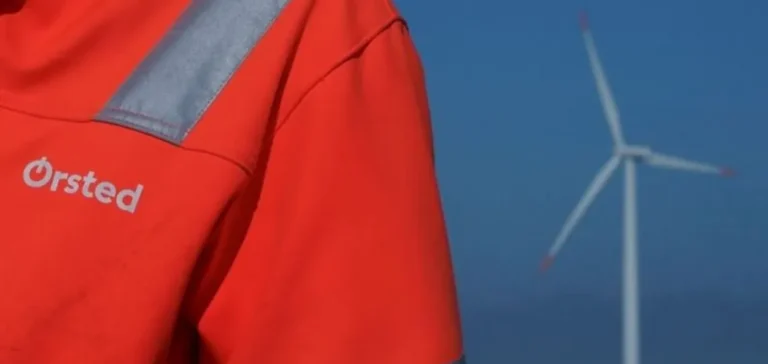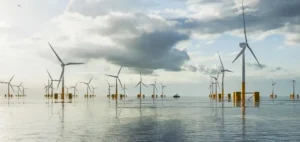Danish developer Orsted, in joint venture with Skyborn Renewables, has filed a lawsuit against the Trump administration following the sudden suspension of the offshore wind project Revolution Wind, located off the northeastern coast of the United States. The complaint was filed in the U.S. District Court for the District of Columbia and challenges the legality of a stop-work order issued by the Department of the Interior, citing unspecified national security concerns.
The project, valued at $5 billion, was 80% complete at the time of suspension. Offshore foundations were installed and 45 out of 65 turbines had already been erected. According to Orsted, the decision was taken without legal authority or documented justification, jeopardising a strategic investment for the company and its partners.
Legal coalition led by two U.S. states
The states of Rhode Island and Connecticut have joined the legal initiative, announcing they would file a separate complaint in federal court in Providence. Connecticut Attorney General William Tong described the federal decision as “erratic governance” and “blatantly illegal”, stating that the lawsuit aims to have the federal suspension order overturned.
The Department of the Interior did not publicly comment on the ongoing litigation. Orsted, meanwhile, warned of an additional $1 billion in losses if the stoppage continues. The company noted that specialised vessels essential for project completion may be redeployed to other operations, potentially causing delays of at least one year or even total project cancellation.
Uncertain political and industry context
This suspension comes amid a hostile stance towards offshore wind under the Trump administration. The U.S. president has frequently criticised the technology for its visual impact and production costs, while promoting fossil fuel-centric energy policies.
In April, the Bureau of Ocean Energy Management (BOEM) also halted another offshore wind project owned by Norwegian company Equinor, though the order was later lifted following diplomatic intervention by Norway’s government. Revolution Wind was originally scheduled to be operational next year and expected to supply electricity to around 350,000 U.S. households.
The interruption comes at a sensitive time for Orsted. The company announced in August a plan to raise DKK60 bn ($9.41 bn) through a rights issue, aiming to stabilise its financial position after a series of setbacks in the North American market.






















